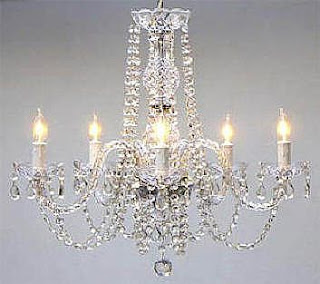"The reflection on history seems a constant theme in Walter Benjamin's thought (1892-1940). From his early works to his last texts, this concern constitutes the conducting thread, which grants to his diverse work an underlying unity. For Benjamin, the fundamental question seems to be how to interweave "the theory of historiography with the theory of the real course of history," how "history itself is referred to its 'making' — political praxis," [Tiedemann 1983-84, 91] that is, how to generate a certain interrelationship between history and politics. This question refers us not to the nature of the historical process but to the way we acquired historical knowledge, not to historiography but to philosophy of history. Here the implicit issue is the construction of a new concept of history"(On Walter Benjamin's Concept of History 2010).
Dialectical images are the fragments to which create a mosaic of history, allowing the past and present to interact and intersect. Evidently, there is a close association of the dialectical image to be linked with historical capitalism.
"Socrates' dialectical method is a simple and elegant solution to a thorny problem—how can we counter the skeptics' challenge about the relativity of truth? After all, each of us is locked in our own individual perspective—how can we possibly move beyond the relativity of our own beliefs? For Socrates, the answer is in the nature of the mind, soul or psyche(psychology). Through a dialectical process of proposing and testing beliefs, we can transcend our individual perspectives and unite in Universal Mind. This is the purpose of human beings—to achieve knowledge of reality through the proper functioning of their psyche. But finding people who are willing to really question their own beliefs was as difficult in ancient Athens as it is now. Religion and cultural tradition will often blanket a person in a comforting and familiar story, making difficult to engage them in philosophical inquiry" (http://owli.org/portal/file.php/2/Socrates/SocratesLec4.html).
EVERYTHING IS A PROCESS
Have you ever thought about what stands behind the object? How was it made? Who made it? What materials were used? What is it's purpose? Is it damaging the environment? Was it ethically produced?
One of my favourite television shows is called 'Blood, Sweat and Luxuries' and played on ABC a few months ago. It follows six british young people who travel to impoverished countries who produce the Western World's shoes, technological products such as ipods, televisions and computers, and also diamond production.
Marx is explicitly concerned with this transformation of the products of human labor into appearances of things:
"A commodity appears at first an extremely obvious, trivial thing..... So far as it is a use-value, there is nothing mysterious about it, whether we consider it from the point of view that by its properties it satisfies human needs, or that it first takes on these properties as the product of human labour. It is absolutely clear that, by his activity, man changes the forms of the materials of nature in such a way as to make them useful to him" (Agamben 1993, p.37).
Marx uses the term commodity to refer to objects that are assigned a monetary value and are exchangeable (Woodward 2007, p.37). he further explains how the commodity is not just an object but more so a "material container or expression of the history of capitalist relations- the exploitation, alienation and oppression of the working class" (Woodward 2007, p.37).
References
Agamben, Giorgio 1993, "Marx; or, the Universal Exposition" and "Beau Brummell, or, "The Appropriation of reality" in Stanzas: Word and Phantasm in Western Culture. Trans. Ronald L. martinez, Stanford: Stanford University Press pp. 36-40 & 47-55
On Walter Benjamin's concept of history 2010, essay supplied by Alfredo Lucero-Montano, viewed 31 August 2011, http://www.philosophos.com/philosophy_article_69.html
Woodward, Ian 2007, Understanding Material Culture, Sage publications, London.












